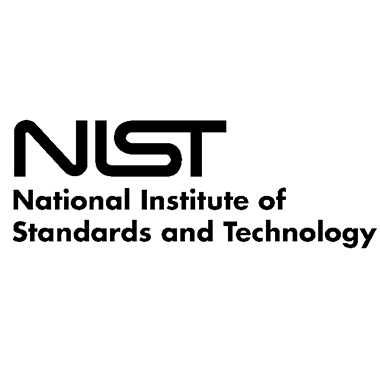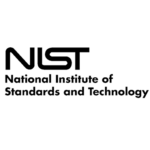The U.S. Department of Commerce’s National Institute of Standards and Technology (NIST) has issued a Request for Information (RFI) that will assist in the implementations of its responsibilities under the recent Executive Order on Safe, Secure, and Trustworthy Development and Use of Artificial Intelligence (AI). The order directs NIST to develop guidelines for evaluation, red-teaming and more; facilitate development of consensus-based standards; and provide testing environments for the evaluation of AI systems. These guidelines and infrastructure will be a resource to help the AI community in the safe and trustworthy development and responsible use of AI.
“President Biden has been clear—AI is the defining technology of our generation, and we have an obligation to harness the power of AI for good while protecting people from its risks. As part of the president’s Executive Order, the Department of Commerce is soliciting feedback across industry, academia, civil society and more so we can develop industry standards around AI safety, security and trust that will enable America to continue leading the world in the responsible development and use of this rapidly evolving technology,” said U.S. Secretary of Commerce Gina Raimondo.
The responses to the request for information will support NIST’s efforts to evaluate capabilities relating to AI technologies and develop a variety of guidelines called for in the Executive Order. The RFI specifically calls for information related to AI red-teaming, generative AI risk management, reducing the risk of synthetic content and advancing responsible global technical standards for AI development.
“We look forward to strengthening our engagement with the community to advance our understanding of AI measurement and evaluation as we begin to work toward the goals set out in the Executive Order,” said Under Secretary of Standards and Technology and NIST Director Laurie E. Locascio. “I want to invite the broader AI community to engage with our talented and dedicated team through this request for information to advance the measurement and practice of AI safety and trust. It is essential that we gather all perspectives as we work to establish a strong and unbiased scientific understanding of AI, which has the potential to impact so many areas of our lives.”
Other assignments to NIST in the Executive Order related to cybersecurity and privacy, synthetic nucleic acid sequencing and supporting agencies’ implementation of minimum risk-management practices are being addressed separately from this RFI. Information about NIST’s assignments and plans under the Executive Order, along with further opportunities for public input, may be found on the NIST website.
Responses will be accepted until Feb. 2, 2024, and will be posted to www.regulations.gov. The information collected will inform the drafting of guidance that NIST will release for public comment.







